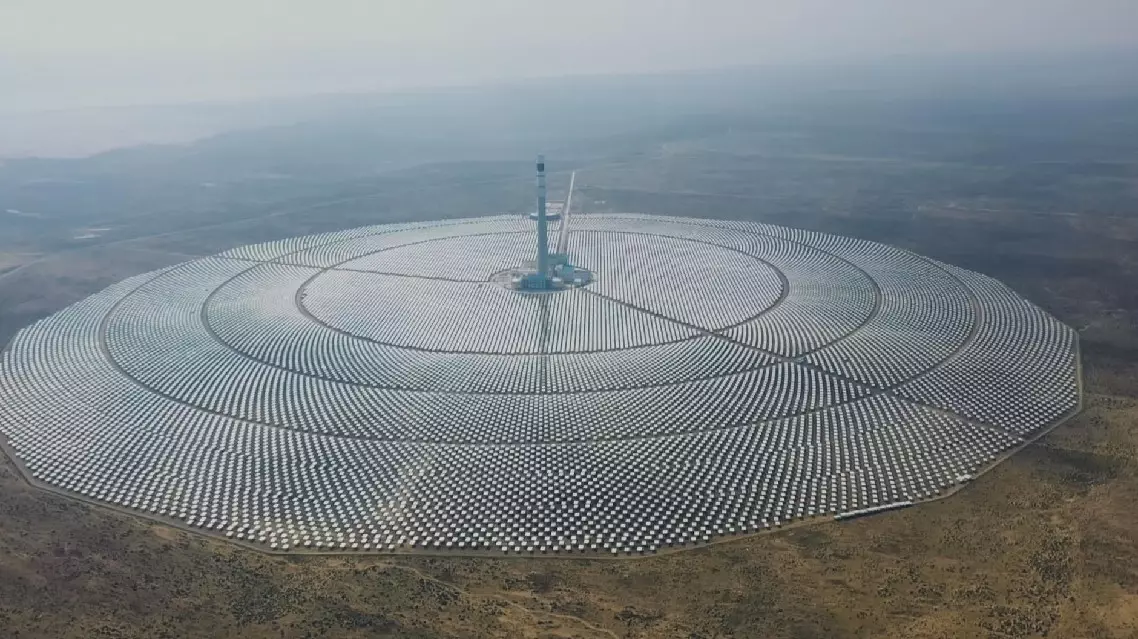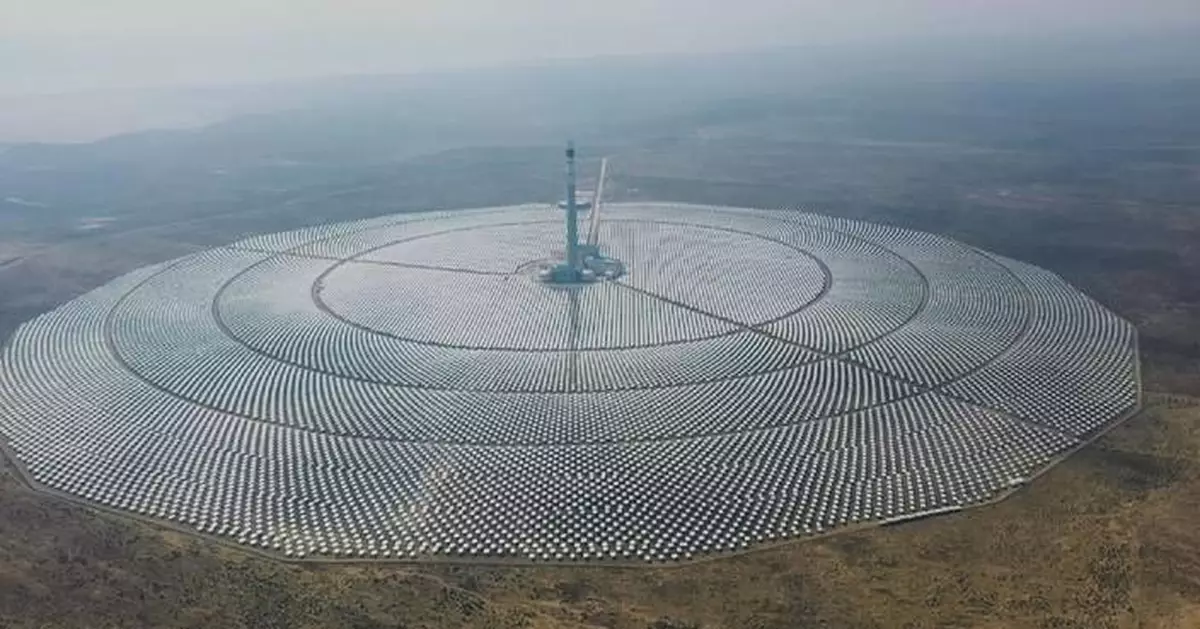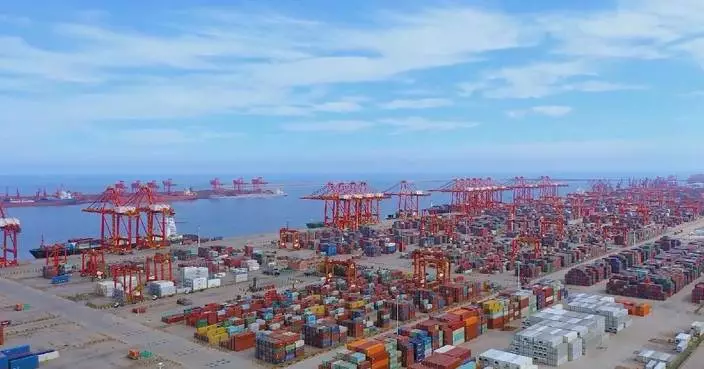Photovoltaic panels in northwest China's Qinghai Province not only produce clean power, but also improve the local grassland and environment, while earning more money for herdsmen.
Claiming high intensity of solar radiation, long hours of sunshine, Qinghai is abundant in solar energy. And its dry climate makes it ideal to develop new energy industry.
These advantages have drawn a great number of photovoltaic panel manufacturing companies to set their plants in the province.
"We in Qinghai have around 100,000 square kilometers of land which could be put into the development of new energy. The total amount of solar radiation here probably could rank second in the country. These are unique advantages for us to develop new energy," said Wang Yiyang, Qinghai regional manager of Trinasolar, a global leader in in photovoltaic products, systems and smart energy.
Wang said by shielding barren lands from further attacks from wind and sand, solar panels help nurture the growth of grass to improve local environment. Yet as grass grows higher to reach the panels, electricity they generate might risk to ignite the grass to fire.
"The solar panels could shield the wind and sand. You can see that the grass under the solar panels is lusher than the grass elsewhere. Since the solar power industrial park was established, the vegetation coverage in Talatan (gobi) has reached 80 percent. Now you see the grass is almost as high as up to the solar panels," said Wang.
"So we asked the herdsmen to graze their animals at the photovoltaic power station. One thing is the herdsmen can help us petrol the power station. And the other thing is, they can guarantee that the grass will not grow too high to interfere with power generation. Now the local herdsmen are raising over 20,000 sheep in the park and we produce about 11.8 tons of pasture a year. This has completely solved some herdsmen’s problem of employment," said Wang.

Photovoltaic panels in Qinghai produce more than power


















































